The Link Between Reading and Emotional Intelligence: What Parents Need to Know
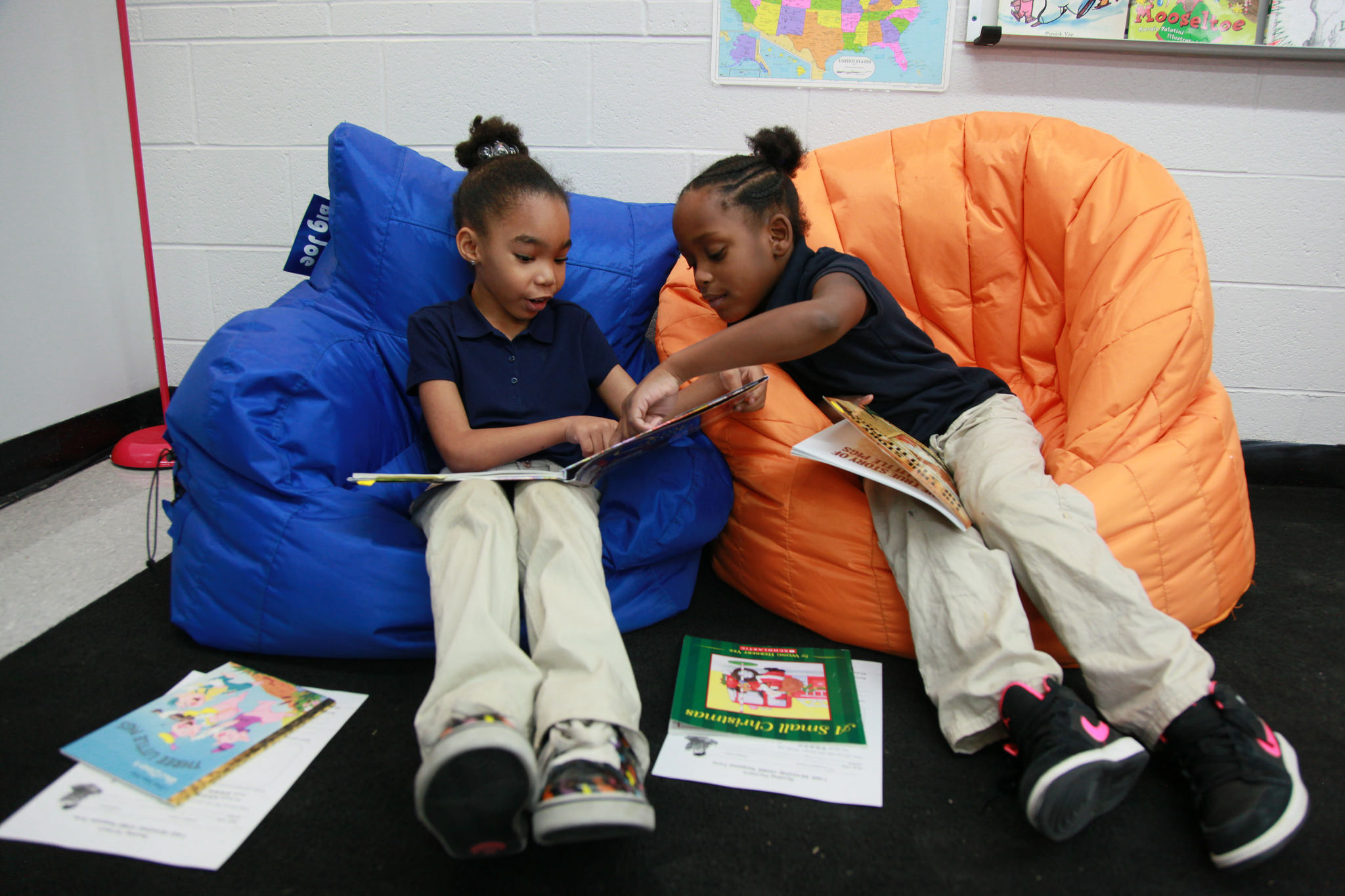
Emotional intelligence is a critical life skill that enables individuals to navigate the complexities of relationships, understand and manage their emotions, and empathize with others. Research has shown that reading can help children develop emotional intelligence, making it an essential skill for parents to foster in their children. In this article, we will explore the link between reading and emotional intelligence and provide some tips for parents to help their children develop this crucial skill.
The Link Between Reading and Emotional Intelligence
Reading is a powerful tool to develop emotional intelligence in children. Here are some ways in which reading can help develop emotional intelligence:
Develops Empathy
Reading exposes children to different characters and their emotions, which helps children understand and empathize with others. As children relate to and understand the feelings and experiences of the characters in the story, they become better equipped to understand and empathize with the people around them.
Improves Communication Skills:
Reading can help children develop their communication skills, as they learn to express their thoughts and feelings effectively. Children can practice their communication skills by discussing the books they have read with their parents or friends, which helps them learn to articulate their thoughts and feelings better.
Enhances Emotional Vocabulary:
Through reading children build their emotional vocabulary, which is the ability to recognize and understand different emotions. Children can learn to identify emotions through the characters’ experiences in the books they read, which can help them develop their emotional intelligence.
Develops Self-awareness:
By reading consistently children develop self-awareness, as they learn to identify and understand their own emotions. As children read about characters who experience different emotions, they can reflect on their own emotions and develop a better understanding of themselves.
Tips for Parents
Here are some tips for parents to help their children develop emotional intelligence through reading:
1. Encourage Reading
Encourage your children to read regularly by providing them with a variety of books that appeal to their interests. Make reading a fun and enjoyable experience by reading together as a family and discussing the books you read.
2. Ask Questions
Encourage your children to think critically about the books they read by asking questions. Ask them about the characters’ emotions, how they would feel in similar situations, and what they learned from the story.
3. Model Emotional Intelligence
As a parent, you can model emotional intelligence by expressing your emotions and teaching your children how to express their emotions in healthy ways. Encourage your children to talk about their feelings, validate their emotions, and help them learn how to manage their emotions effectively.
4. Teach Empathy
Teach your children empathy by encouraging them to think about others’ perspectives and experiences. Help them understand how their actions and words can impact others, and teach them to be kind, compassionate, and understanding towards others.
Conclusion
The link between reading and emotional intelligence is well established, and parents need to be aware of the significant benefits that reading can offer their children. By reading regularly and actively engaging with the material, children can develop empathy, communication skills, emotional vocabulary, and self-awareness, all of which are essential components of emotional intelligence. With the right guidance and support, parents can help their children become emotionally intelligent, compassionate, and successful individuals.
Find the best book for your kid after completing the 2-minute test for parents on our website!
FAQs
1. How can reading help children develop emotional intelligence?
Reading exposes children to different characters and their emotions, which helps children understand and empathize with others. As children relate to and understand the feelings and experiences of the characters in the story, they become better equipped to understand and empathize with the people around them.
2. How can parents help their children develop emotional intelligence through reading?
Parents can encourage their children to read regularly, ask questions about the books they read, model emotional intelligence, and teach empathy.
5 Books to Read With Your Child in 2023 to Encourage Creativity and Imagination
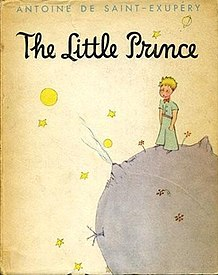
Reading is one of the best activities you can do with your child. It not only helps them develop essential literacy skills but also promotes creativity, imagination, and critical thinking. As we move into 2023, it’s the perfect time to introduce your child to some new books that will inspire their imagination and encourage them to think outside the box.
In this article, we’ll highlight five books that are perfect for reading with your child in 2023 to promote creativity and imagination. From classic tales to modern favorites, these books will capture your child’s attention and spark their imagination.
Top 5 Must-Read Children’s Books of 2023:
1. “The Little Prince” by Antoine de Saint-Exupéry
This classic tale tells the story of a young prince who travels from planet to planet in search of friendship and understanding. The book’s beautiful illustrations and thought-provoking storyline encourage children to think deeply about the world around them and to explore their own inner worlds of imagination and creativity.
2. “The Secret Garden” by Frances Hodgson Burnett
This classic novel tells the story of Mary Lennox, a young girl who discovers a secret garden and transforms it into a beautiful paradise. The book’s themes of nature, imagination, and growth inspire children to use their creativity to find beauty in unexpected places.
3. “The Phantom Tollbooth” by Norton Juster
This fantastical adventure follows the story of Milo, a young boy who embarks on a journey through a magical kingdom. Along the way, he encounters a host of quirky characters and challenges that require him to use his imagination and problem-solving skills. This book encourages children to think critically and embrace their own unique creativity.
4. “The Miraculous Journey of Edward Tulane” by Kate DiCamillo
In this heartwarming tale, a porcelain rabbit named Edward Tulane goes on a journey of self-discovery and learns the true meaning of love and loss. The book’s themes of empathy, resilience, and self-discovery encourage children to explore their own emotions and imagination.
5. “The Little Engine That Could” by Watty Piper
This classic children’s book tells the story of a small train that overcomes obstacles by believing in itself and its abilities. The book’s message of perseverance and self-confidence encourages children to use their creativity and imagination to overcome challenges and achieve their goals.
Conclusion
Encouraging your child’s creativity and imagination is essential for their growth and development. Reading together is a great way to nurture these skills and create cherished memories with your child. By reading the five books we’ve highlighted in this article, you can help your child explore new worlds, imagine new possibilities, and develop a lifelong love of reading.
Remember, reading with your child is not just about improving their literacy skills; it’s about bonding with them and fostering a love of learning and exploration. So, pick up one of these books and start reading with your child today. Or choose personalized storybook on our bookshelf and make a unique gift for your kid!
FAQs
1. Why is reading important for children’s creativity and imagination?
Reading exposes children to new ideas, perspectives, and worlds. It encourages them to think critically and imaginatively, and it helps them develop essential literacy skills that will serve them throughout their lives.
2. Can reading with my child help them develop creativity and imagination?
Absolutely! Reading with your child is one of the best ways to encourage creativity and imagination. As you read together, ask your child questions, encourage them to make predictions, and help them explore the world of the story.
3. Are these books appropriate for children of all ages?
These books are appropriate for children of varying ages, though some may be better suited for older children. As always, it’s important to use your own discretion when selecting books to read with your child.
Reading vs. Screen Time: Which is Better for Your Child’s Brain Development?

In today’s digital age, it’s hard to avoid screen time for our children. With smartphones, tablets, computers, and television, screens are everywhere. While some screen time is necessary for learning and entertainment, it’s important to consider how it affects our children’s brain development. In contrast, reading is a traditional activity that has been around for centuries. But how does reading compare to screen time when it comes to brain development? In this article, we’ll explore the benefits and drawbacks of each, and help you make an informed decision for your child’s wellbeing.
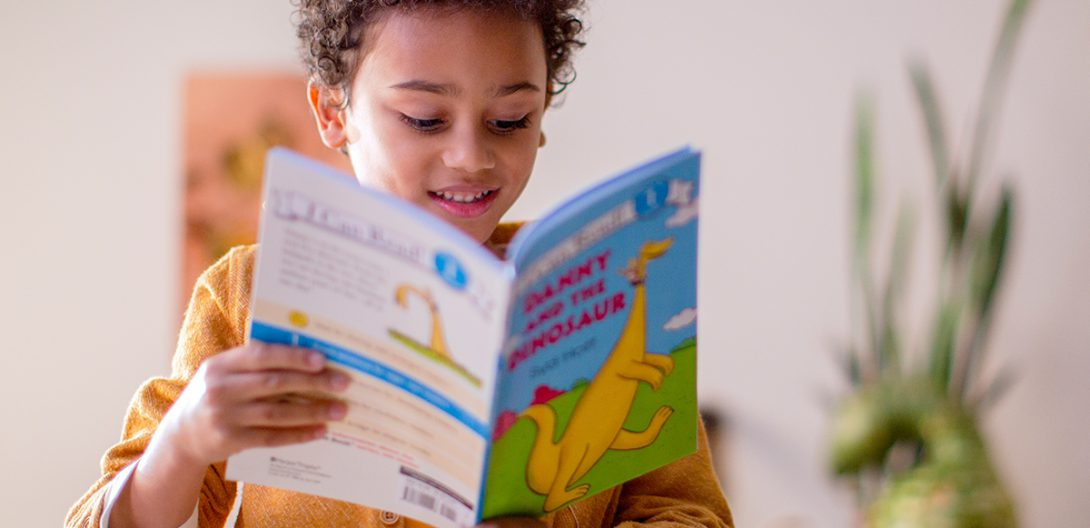
The Benefits of Reading for Brain Development
Improves Vocabulary and Language Skills
Reading is an excellent way for children to improve their vocabulary and language skills. As children read books, they encounter new words and are exposed to different sentence structures and writing styles. This exposure to new words and sentence structures can help children develop a better understanding of language and improve their overall communication skills.
Enhances Cognitive Skills
Reading can also enhance cognitive skills such as memory, attention, and problem-solving abilities. When children read, they are required to remember information from earlier in the text to understand the story. They also need to pay attention to the plot and characters, which can improve their attention span. Additionally, reading can improve problem-solving abilities by exposing children to different scenarios and requiring them to think critically about the plot and characters.
Fosters Empathy and Emotional Intelligence
Reading can also foster empathy and emotional intelligence in children. As children read stories, they are exposed to different emotions and perspectives, which can help them develop empathy and understand other people’s feelings. This exposure to different emotions and perspectives can also help children develop emotional intelligence, which is an important skill for navigating social situations.
Boosts Imagination and Creativity
Reading can also boost children’s imagination and creativity. As children read stories, they are exposed to different worlds, characters, and situations, which can inspire them to use their own imagination and creativity to create their own stories and scenarios.

The Benefits of Screen Time for Brain Development
Enhances Visual and Spatial Skills
Screen time can enhance children’s visual and spatial skills by exposing them to different types of media. For example, playing video games can require children to manipulate objects in a virtual space, which can improve their spatial reasoning skills. Watching educational videos can also improve visual and spatial skills by introducing children to different concepts and ideas.
Provides Access to Educational Content
Screen time can provide children with access to educational content that they may not have access to otherwise. For example, children can watch educational videos on a variety of topics, such as science, history, and geography. Additionally, there are many educational apps and games that can help children learn and develop important skills.
Facilitates Communication and Social Interaction
Screen time can also facilitate communication and social interaction. For example, children can use video chat to communicate with family and friends who live far away. Additionally, social media can help children connect with other children who have similar interests and hobbies.

The Drawbacks of Reading for Brain Development
May Be Time-Consuming
One of the drawbacks of reading for brain development is that it can be time-consuming. Children may need to spend a significant amount of time reading to see the benefits, which can be difficult if they have other activities and commitments.
Limited Interactive Opportunities
Reading can also have limited interactive opportunities compared to other activities, such as playing games or participating in group activities. This lack of interaction can be a drawback for children who enjoy socializing and learning through group activities.
Potential for Boredom or Disinterest
Some children may find reading to be boring or uninteresting, which can be a drawback for their brain development. If children are not engaged in what they are reading, they may not see the same benefits as children who enjoy reading.

The Drawbacks of Screen Time for Brain Development
Affects Sleep Patterns
Screen time can affect children’s sleep patterns by disrupting their circadian rhythms. Exposure to blue light from screens can interfere with the production of melatonin, which is a hormone that regulates sleep. This can lead to difficulty falling asleep and staying asleep, which can affect children’s overall health and wellbeing.
May Contribute to Attention Problems
Excessive screen time can also contribute to attention problems in children. Studies have found that children who spend more time on screens have a higher likelihood of developing attention problems, such as ADHD. This is likely due to the overstimulation that screens provide, which can make it difficult for children to focus on other tasks.
Can Lead to Obesity and Poor Physical Health
Excessive screen time can also lead to obesity and poor physical health in children. Spending too much time sitting in front of screens can lead to a sedentary lifestyle, which can contribute to weight gain and other health problems. Additionally, exposure to blue light from screens can disrupt the production of melatonin, which can affect children’s sleep patterns and overall health.
Finding a Balance: Reading vs. Screen Time
Consider Your Child’s Age
When finding a balance between reading and screen time, it’s important to consider your child’s age. Young children may benefit more from reading, while older children may benefit from a combination of reading and screen time activities.
Monitor Screen Time Use
It’s important to monitor your child’s screen time use to ensure that it is not excessive. Set limits on screen time use and encourage your child to engage in other activities, such as reading, playing outside, or participating in sports.
Make Screen Time Educational
Make sure that your child’s screen time activities are educational and beneficial. Choose educational apps, games, and videos that can help your child learn and develop important skills.
Set Limits and Boundaries
Set limits and boundaries on both screen time and reading to ensure that your child has a well-rounded set of activities. For example, limit screen time to one or two hours per day and encourage your child to read for pleasure for at least 30 minutes each day.
Encourage Reading for Pleasure
Encourage your child to read for pleasure by providing a variety of books and reading materials that match their interests and reading level. Set aside regular reading time and make it a part of your child’s routine.
Conclusion
In the debate of Reading vs. Screen Time: Which is Better for Your Child’s Brain Development?, both have benefits and drawbacks. Reading improves language and cognitive skills, while screen time can enhance visual and spatial skills and provide access to educational content. However, screen time can also lead to sleep problems and attention issues, while reading may be time-consuming and limited in interactive opportunities. It’s important to find a balance between the two activities and monitor your child’s screen time use. By encouraging regular reading time and offering a variety of reading materials, you can help your child develop a love for reading and improve their brain development.
As a parent, it’s important to prioritize your child’s brain development and make informed decisions about their activities. Reading and screen time can both play a role in your child’s development, but finding a balance is key. By being aware of the benefits and drawbacks of each activity, you can make the best decisions for your child’s wellbeing.
In conclusion, both reading and screen time can be beneficial for your child’s brain development, but they need to be balanced. Encourage your child to read for pleasure and make screen time educational. Monitor your child’s screen time use and set limits to ensure they have a well-rounded set of activities that promote their cognitive, physical, and emotional development. By finding a balance between reading and screen time, you can help your child thrive and grow into a well-rounded individual. If you want your child to read more, visit our 2-minute-test for parents to find the best personalized book for your kid.
FAQs
1. Is it bad for children to use screens?
No, not all screen time is bad for children. It’s important to monitor screen use and make sure it’s balanced with other activities like reading, playing outside, and spending time with family and friends.
2. How much screen time is too much for my child?
The American Academy of Pediatrics recommends no more than one hour of screen time per day for children ages 2-5 and no more than two hours per day for children ages 6 and older.
3. How can I encourage my child to read more?
One way is to set aside regular reading time and make it a part of your child’s routine. You can also offer a variety of books and reading materials that match your child’s interests and reading level.
10 Science-Backed Reasons Why Reading is Good for Kids: The Ultimate Guide

As a parent, you want what’s best for your child, and one of the best ways to help them develop essential skills is by encouraging them to read. Reading is a crucial tool for children to learn, grow, and succeed. There are numerous benefits of reading for kids that go beyond just improving their vocabulary. In this ultimate guide, we’ll discuss the 10 science-backed reasons why reading is good for kids.
1. Improves Language and Vocabulary Skills
Research Says: Reading helps kids learn new words and improves their language skills.
Reading helps kids learn new words and improves their language skills. The more your child reads, the better they become at communicating and expressing themselves. Studies show that kids who read regularly have better vocabularies than those who don’t. Encouraging your child to read a variety of books will expose them to different words and help expand their vocabulary.
2. Enhances Cognitive Development
Research Says: Reading can increase a child’s IQ, improve their memory, and enhance their analytical skills.
Reading is like a workout for your child’s brain. It helps develop critical thinking and problem-solving skills. Studies have shown that reading can increase a child’s IQ, improve their memory, and enhance their analytical skills. Encouraging your child to read different genres of books can help them develop various cognitive abilities.
3. Develops Empathy and Emotional Intelligence
Research Says: Reading can help your child develop empathy and emotional intelligence.
When the kids read books, they are exposed to different characters and situations, which can help them understand and relate to different emotions. Studies have shown that children who read books with diverse characters and themes have a better understanding of different cultures and perspectives.
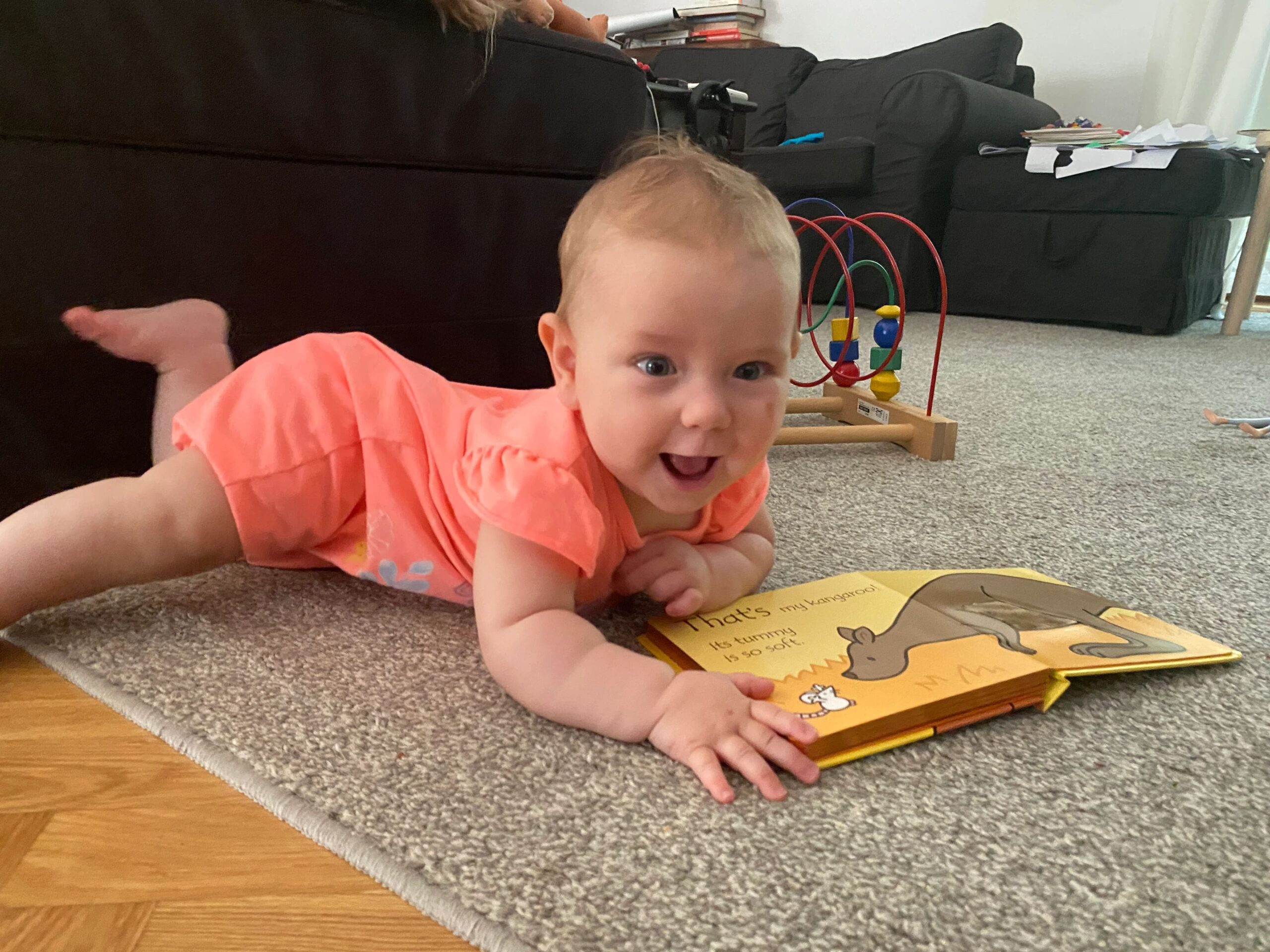
4. Enhances Creativity and Imagination
Research Says: Reading can ignite your child’s imagination and creativity.
When they read books, they visualize the scenes and characters, which helps them develop their creative abilities. Studies have shown that reading fiction can help improve a child’s creative thinking and problem-solving skills.
5. Boosts Academic Performance
Research Says: Reading regularly can improve academic performance, grades, and high school graduation rates.
Studies have shown that kids who read regularly perform better in school, have higher grades, and are more likely to graduate from high school. Encouraging your child to read regularly can help them develop the skills they need to succeed academically.
6. Builds Confidence and Self-Esteem
Research Says: Reading can build your child’s confidence and self-esteem.
When they read books, they learn new things and gain knowledge, which can make them feel more confident about themselves. Studies have shown that children who read regularly have higher self-esteem than those who don’t.
7. Reduces Stress and Anxiety
Research Says: Reading can reduce stress levels by up to 68%, promoting mental health and wellbeing.
When they read books, they can escape into a different world and forget about their problems. Studies have shown that reading for just six minutes can reduce stress levels by up to 68%. Encourage your child to read books that interest them and make it a daily part of their routine to promote a healthy habit of self-care and relaxation.

8. Fosters Parent-Child Bonding
Research Says: Reading together strengthens the parent-child relationship and promotes positive socialization skills.
Studies have shown that when parents read with their children, it strengthens the parent-child relationship and promotes positive socialization skills. Make reading a part of your daily routine, and take turns reading aloud to each other to promote a love of reading.
9. Encourages Lifelong Learning
Research Says: Reading can inspire a lifelong love of learning in your child.
When they read, they are exposed to new ideas and concepts, which can encourage them to explore new topics and interests. Encourage your child to read a variety of books and genres, and take them to the library or bookstore to discover new titles and authors.
10. Promotes Social and Cultural Awareness
Research Says: Reading books with diverse characters can help promote empathy and reduce prejudice.
When they read books with diverse characters and themes, they can learn about different perspectives and experiences. Studies have shown that reading books with diverse characters can help promote empathy and reduce prejudice.
Conclusion
Reading is an essential tool for children to learn, grow, and succeed. The 10 science-backed reasons why reading is good for kids cover a range of benefits that go beyond just improving their vocabulary. Encouraging your child to read regularly can help them develop cognitive, emotional, and social skills that will benefit them throughout their lives. Make reading a part of your family’s daily routine, and encourage your child to explore new books and genres to promote a love of learning and reading. If you want to find the next perfect book for your kid, complete our 2-minute-test for parents!
Why Reading is Essential for Your Child’s Future: Benefits and Tips to Encourage Reading
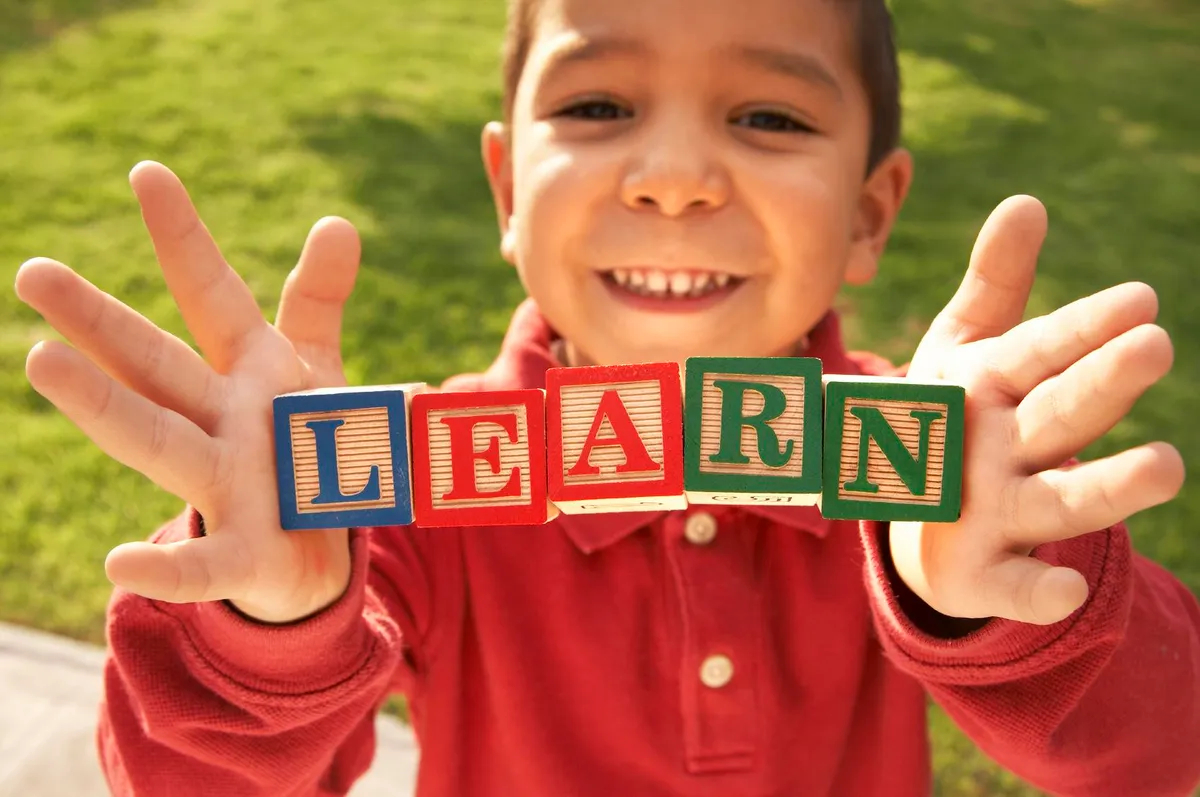
Reading is an essential skill that can shape your child’s future. The ability to read opens doors to new knowledge, ideas, and perspectives. And helps children develop critical thinking, communication, and problem-solving skills. In this article, we will explore why reading is essential for your child’s future. The benefits of reading, and tips on how to encourage your child to read.
Why Reading is Essential for Your Child’s Future
Academic Success
Reading is a fundamental skill that is essential for academic success. Children who read regularly perform better in school, have higher grades. And are more likely to graduate from high school and pursue higher education.
Language Development
Reading exposes children to new vocabulary, sentence structures, and grammatical rules, which are essential for language development. Reading can help children improve their writing, speaking, and listening skills and develop a deeper understanding of language.
Cognitive Development
Reading stimulates the brain and helps children develop critical thinking, reasoning, and problem-solving skills. It also enhances their memory and concentration. Which are essential for academic success.
Imagination and Creativity
Reading opens up new worlds and sparks imagination and creativity in children. It helps children develop empathy, emotional intelligence, and social skills by exposing them to different characters and situations.
Lifelong Learning
Reading is a lifelong skill that can benefit children throughout their lives. It can help children develop a love for learning, become lifelong learners, and pursue their passions.

Tips to Encourage Reading
1. Make Reading a Habit
Make reading a regular part of your child’s routine. Set aside time for reading every day, and make it a fun and enjoyable activity.
2. Create a Reading Environment
Create a cozy and comfortable reading environment for your child. Provide a variety of books, magazines, and reading materials that cater to your child’s interests.
3. Lead by Example
Set an example for your child by reading yourself. Children are more likely to develop a love for reading if they see their parents or caregivers reading regularly.
4. Encourage Discussion
Encourage your child to discuss what they have read, ask questions, and express their opinions. This can help develop their critical thinking and communication skills.
5. Celebrate Achievements
Celebrate your child’s reading achievements, such as completing a book or mastering a new reading skill. This can boost their confidence and motivation to read more.
Conclusion:
Reading is an essential skill that can shape your child’s future. It provides numerous benefits, such as academic success, language development. As well as cognitive development, imagination and creativity, and lifelong learning. Encouraging your child to read regularly can help them develop a love for learning. Also it helps them to become lifelong learners, and pursue their passions. By making reading a habit, creating a reading environment, leading by example, encouraging discussion, and celebrating achievements, you can help your child develop a strong reading foundation and prepare them for a successful future. Remember, the earlier you start, the better, but it’s never too late to encourage your child to read. So, why not start today and see the positive impact reading can have on your child’s future? Start by visiting our bookshelf with personalized books for children today! 😉
FAQs:
At what age should children start reading?
Children can start reading at a young age, even before they can read themselves. Reading aloud to children can help develop their language skills and love for reading.
How can I help my child who is struggling with reading?
If your child is struggling with reading, seek help from their teacher or a reading specialist. Encourage your child to practice reading regularly and provide support and encouragement.
How much time should children spend reading every day?
Children should spend at least 20-30 minutes reading every day, but the more they read, the better. Encourage your child to read for pleasure and provide a variety of reading materials.
10 Children’s Book Trends to Watch in 2023
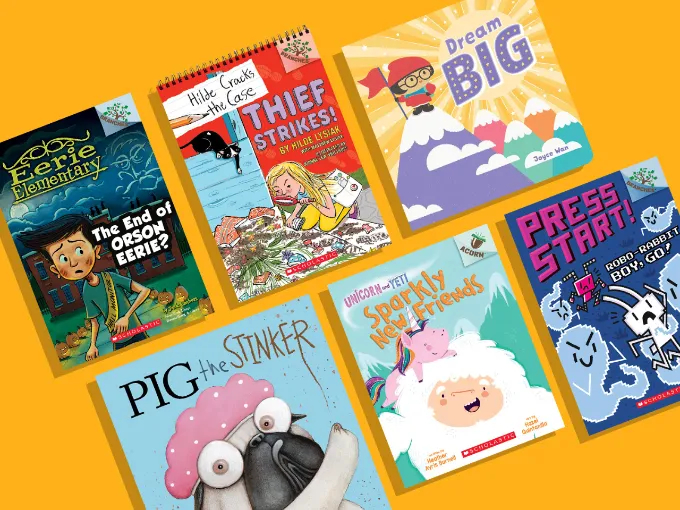
The world of children’s literature is constantly evolving, and it can be challenging to keep up with the latest trends. As we move into 2023, the landscape of children’s books is set to change even further. With new technologies, social movements, and cultural changes, the future of children’s literature is exciting and unpredictable.
In this article, we will explore 10 children’s book trends to watch in 2023. From diverse representation to interactive storytelling, these trends are shaping the future of children’s literature. Let’s dive in!
10 Children’s Book Trends to Watch in 2023:
1. Diversity and Inclusion
Diversity and inclusion have been ongoing trends in children’s literature, but it is set to become even more important in 2023. The world is becoming more diverse, and children’s literature needs to reflect this. This trend will involve a focus on stories that represent underrepresented communities and diverse protagonists.
2. Interactive Storytelling
In 2023, children’s books will go beyond traditional storytelling. Interactive storytelling will be a trend that encourages readers to engage with the story in different ways. This can include augmented reality, interactive illustrations, and choose-your-own-adventure books.
3. Mental Health and Wellbeing
As mental health issues become more prevalent in young people, children’s literature will focus on mental health and wellbeing. This trend will involve books that address anxiety, depression, and other mental health issues in a relatable and accessible way.
4. Sustainable Living
With growing concerns about the environment, children’s books will focus on sustainable living in 2023. This trend will involve stories that promote eco-friendly living and encourage children to take action to protect the planet.
5. Non-Fiction
Non-fiction children’s books are set to become even more popular in 2023. This trend will involve a focus on educational books that teach children about history, science, and other topics in an engaging and interactive way.
6. STEM Education
STEM (Science, Technology, Engineering, and Math) education will be an ongoing trend in children’s literature. With a focus on preparing children for the future, books that teach STEM concepts in a fun and accessible way will become more popular in 2023.
7. Social Justice
Social justice will be an important trend in children’s literature in 2023. This will involve stories that address social issues such as racism, discrimination, and inequality. These books will help children understand the world around them and inspire them to make a positive difference.
8. Graphic Novels
Graphic novels have been growing in popularity in recent years, and this trend will continue in 2023. This format allows for a unique and engaging way of storytelling that appeals to children of all ages.

9. Own Voices
#OwnVoices will be a trend that continues to gain momentum in 2023. This involves stories written by authors from underrepresented communities that reflect their own experiences and perspectives.
10. Audiobooks
Audiobooks have been growing in popularity, and this trend will continue in 2023. With the rise of voice assistants and smart speakers, children’s audiobooks will become even more accessible and convenient.
Conclusion
As we look ahead to 2023, the world of children’s literature is set to undergo significant changes. From diverse representation to interactive storytelling, these 10 children’s book trends to watch in 2023 will shape the future of children’s literature. By keeping an eye on these emerging trends, authors, publishers, and readers can stay ahead of the curve and continue to promote a love of reading in children of all ages. If you want to find the best personalized book for your child, do it by completing our 2-minute-test for parents! 🙂
FAQs:
What is the most important trend in children’s literature in 2023?
Diversity and inclusion is the most important trend in children’s literature in 2023. It is important for children’s books to reflect the diversity of the world around us
How can interactive storytelling enhance the reading experience for children?
Interactive storytelling can enhance the reading experience for children by allowing them to engage with the story in different ways. It creates a more immersive experience that can encourage children to become more invested in the story and its characters.
Why is social justice an important trend in children’s literature?
Social justice is an important trend in children’s literature because it can help children understand the world around them and inspire them to make a positive difference. By addressing social issues such as racism, discrimination, and inequality, children’s books can promote empathy and understanding.
Are audiobooks a good alternative to reading physical books?
Audiobooks can be a great alternative to reading physical books, especially for children who struggle with reading or have visual impairments. They can also be a convenient option for busy parents who want to encourage their children to read more.